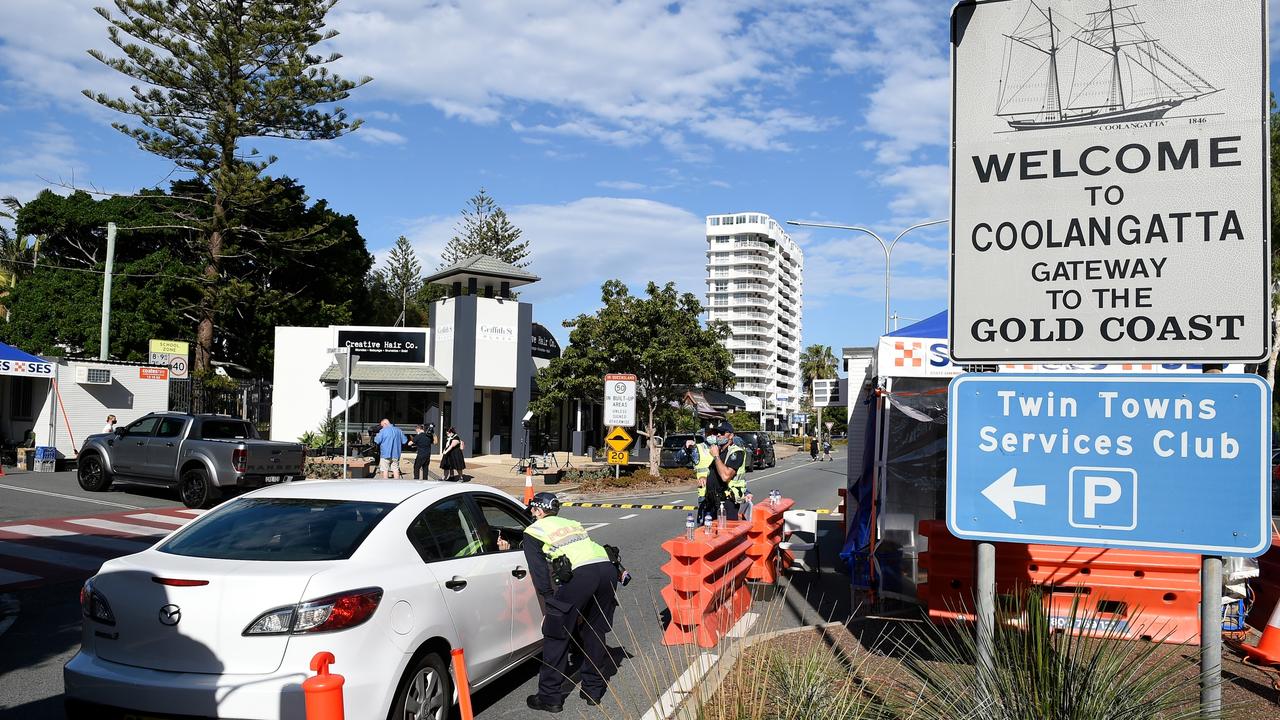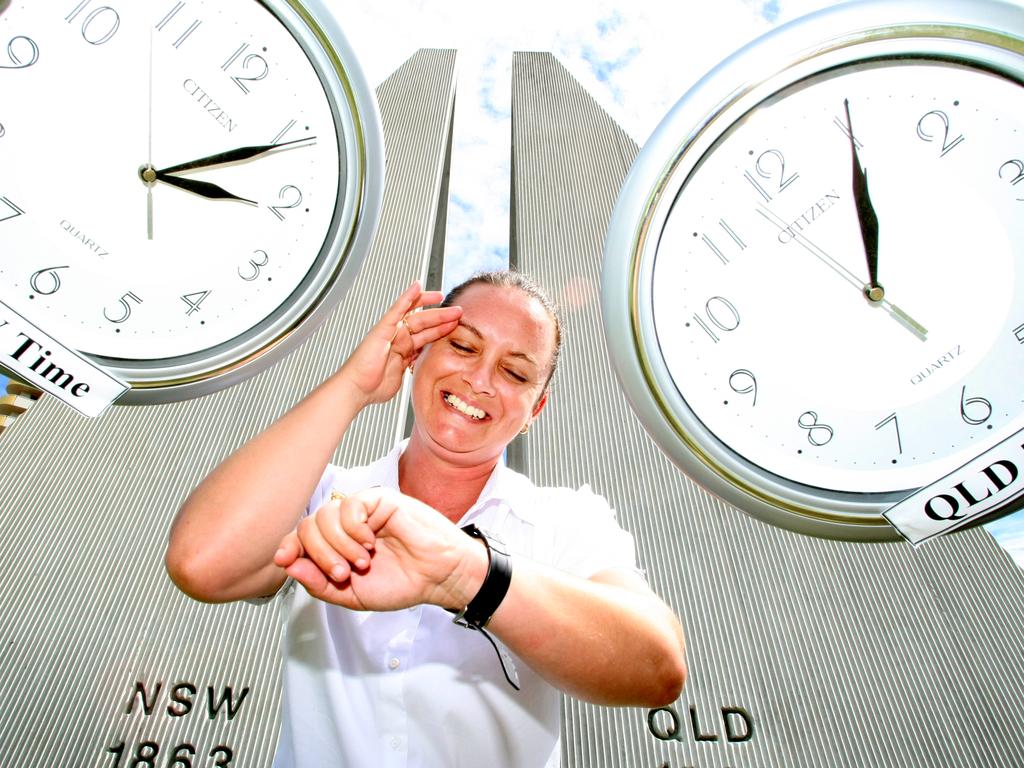Daylight Savings: Gold Coast mayor Tom Tate backs new 2024 vote
The leaders of the two biggest councils in queensland want the public to decide in two years whether or not the state should have daylight saving.
THE leaders of the two biggest councils in queensland want the public to decide in two years whether or not the state should have daylight saving.
Brisbane Mayor Adrian Schrinner and Gold Coast boss Tom Tate say they want the issue settled at a 2024 referendum, well before the region hosts the 2032 Olympic Games.
“2024 presents a unique opportunity for Queenslanders to have their say on daylight savings at no extra cost with two statewide elections planned,” Cr Schrinner tweeted.
“A majority of Queenslanders have never had their say. It’s time to ask the question again. Are you in favour of daylight saving time?
“With just 10 years until the Brisbane 2032 Games, let’s bring on another trial and give Queenslanders a chance to decide.”
Cr Tate, a long-time advocate for daylight saving, asked for “Queenslanders to decide without political influence”.
“A separate referendum would allow this and it is something I have been calling for over the past four years.”
A three-year trial of daylight saving was held between 1989 and February 1992.
At the referendum, held on February 22, 1992, the question: “Are you in favour of daylight saving? ”was defeated with 54.5 per cent supporting the no vote.
The issues has been revisited several times but lacked widespread political support for a new vote.
Fresh claims: How Daylight Savings could help Coast recover
A MAN behind a petition calling for the Gold Coast to adopt daylight savings again - for the first time in 30 years - argues it will hasten economic recovery from the pandemic.
Queensland resident David Jones, of Wynham, argues joining NSW – when clocks go forward an hour next month – will have social and economic benefits in a petition to state parliament earlier this month.
It appears Mr Jones is well supported in his claims, with more than 3000 signatures amassed in the petition’s first week – but Currumbin MP Laura Gerber isn’t as convinced.

“I’m not sure this is the biggest issue for Queenslanders right now. Most are concerned about getting the state vaccinated, the health care system, and State government losing control and blowing out hospital wait times, our youth crime epidemic,” she said.
Mr Jones argued in his submission the state was “economically and socially disadvantaged” without daylight savings: “This causes deep divisions within our community as Queensland is out of sync with all other eastern states for six months of the year.”
By not reinstating the program, the state is estimated to lose more than $4 billion annually “due to business inefficiencies and missed tourism and retail opportunities”, he said.
“As a consequence, the state government also forgoes significant revenue – estimated to be $1 billion annually,” Mr Jones said.
“Daylight savings should therefore be considered as a priority in supporting Queensland’s economic recovery from the Covid-induced financial conditions.
With Eastern states just weeks out from winding back the clock on October 3, the fresh push has been made to trial the controversial program in the Sunshine State.

Time differences have long posed difficulties for cross-border communities spanning Coolangatta and Tweed as interstaters get caught up in the confusion.
Ms Gerber says she is unsure people even wanted it reinstated however conceded “every measure” that could potentially improve the Coast’s economic recovery should be considered.
“There are economic benefits to come out of the daylight savings policies for sure but it would have to be very well thought out,” she said.
“Anything should be looked at but I haven’t’ had any conversations about it recently. Several years ago it probably would have come up a lot. I think people are used to it.

“Any change to Daylight Saving would have to be a whole of state practice. Queenslanders wouldn’t want to be divided,” Ms Gerber said.
Mr Jones said Queenslanders were already “geographically divided” on the issue.
“Not having Daylight Saving in Queensland, or at least in the southeast, is not reflective of Queensland’s current demographics and community sentiment,” he said, slamming the previous decision to halt the program as “irrelevant.”
“Queenslanders who support Daylight Saving feel alienated and ignored when state leaders continually dismiss requests to address this matter.”




